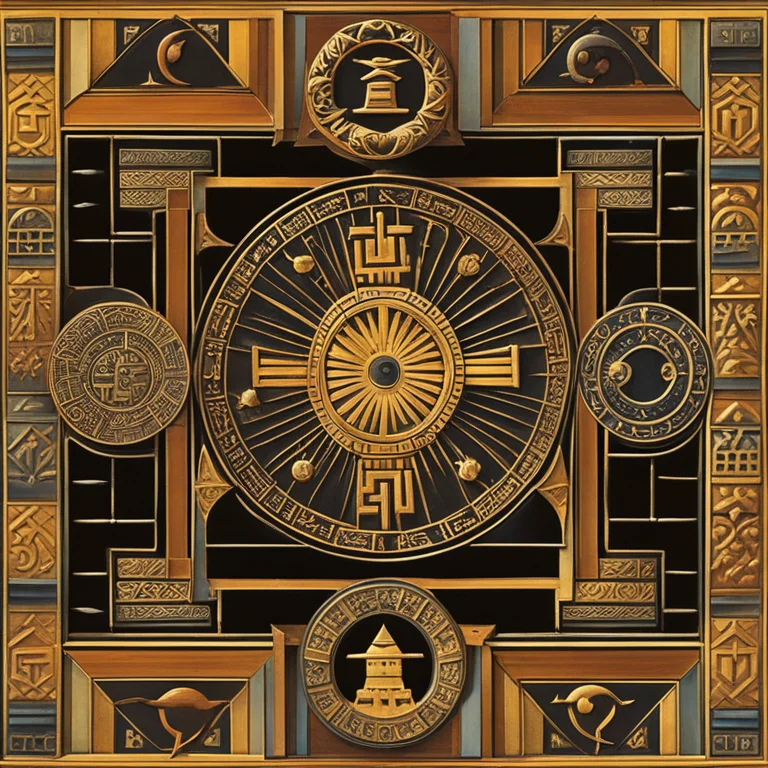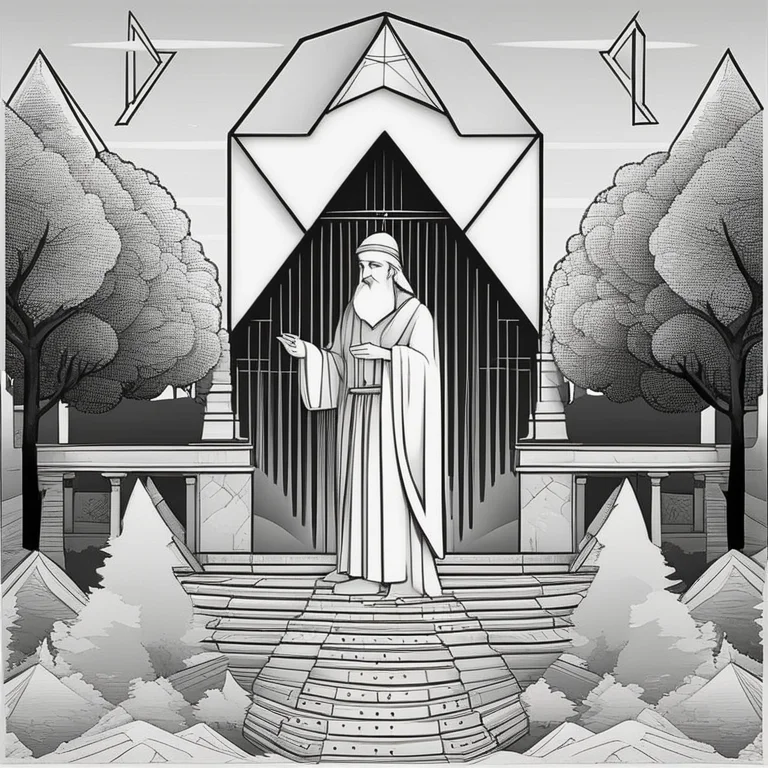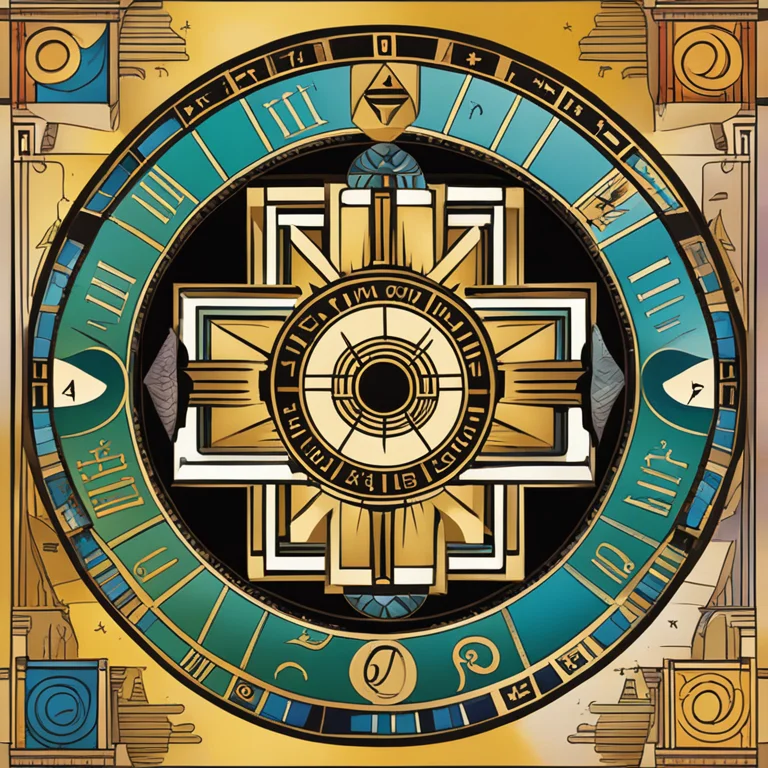
Numerology: The Historical Insights
Dive into the ancient beginnings of numerology and discover its mysterious origins and the thinkers who contributed to its development over time.
article by Sofia Ferguson
The Early Beginnings
Numerology is the mystical study of numbers and their influence on human life, thought to be as old as the concept of numbers themselves. While it is impossible to credit a single individual with the invention of numerology, its roots can be traced back to ancient civilizations. The earliest records suggest that numerologists were at work in Egypt and Babylon over ten millennia ago. The practice flourished alongside astrology, where astronomical observations began to be linked with the divine. As civilization progressed, so did the sophistication of numerical interpretation, with each culture adapting its own model and significance to numbers.

The Greek Philosopher: Pythagoras
One of the most notable contributors to early numerological thought was the Greek philosopher Pythagoras, around 570-495 BCE. Pythagoras and his followers, the Pythagoreans, believed in the profound spiritual significance of numbers. They held that mathematics was the key to understanding the universe, and they observed numerical patterns in everything from musical harmonies to geometrical shapes. The Pythagorean theorem remains a testament to his belief in the power of numbers, although his direct connection to what we know as modern numerology is often debated among scholars.

Chaldean Numerology
Another significant strain of numerological practice originated with the ancient Chaldeans of Mesopotamia. The Chaldeans assigned values to letters of their alphabet and interpreted dreams and omens through numbers. Unlike Pythagorean numerology which uses the name given at birth, Chaldean numerology is believed to delve into both the name and the date of birth, emphasizing the importance of both vibrations in the cosmos.

Chinese Numerology
In the East, the Chinese developed their own system of numerology independently. Its principles are significantly distinct from Western practices. The culture's reverence for certain numbers like 8, which is associated with prosperity, and aversion to others like the number 4, which sounds like "death" in Chinese, date back thousands of years. Chinese numerology heavily influences many aspects of life from monetary transactions to property dealings, reflecting the enduring importance of numbers in the region's cultural fabric.

The Modern Evolution
With the passage of time, numerology expanded across continents and societies, each adding their own interpretations and methods. The growth of spiritualism in the 19th century saw a resurgence in numerology among other occult and mystical studies. By the 20th century, numerology had firmly established itself in the New Age movement, with books and workshops helping to popularize it as a tool for personal insight and prediction.
Numerology in the Digital Age
Today, numerology has adapted to the contemporary world, with the internet making it more accessible than ever. Personalized reports, mobile apps, and online courses have introduced numerology to a broader audience. While the art itself has not changed, technology allows for quicker and more personalized interpretations, enabling individuals to explore the numerological implications of their names, birth dates, and significant life events with ease.
Published: 1/11/2024
Modified: 1/11/2024
More predictions
Come back here soon to learn more about yourself and your future


Harmonizing Hearts: Numerology and Love Compatibility
Discover which numerology numbers are most compatible in love and relationships to find your harmonious match based on the ancient practice.


Compute Your Numerology Life Path Number
Learn how to compute your life path number in numerology to gain insight into your life's purpose and potential trajectories.


Between Virgo's & Libra's Compatibility
Discover the dynamic relationship between Virgo and Libra in love, friendship, and work.